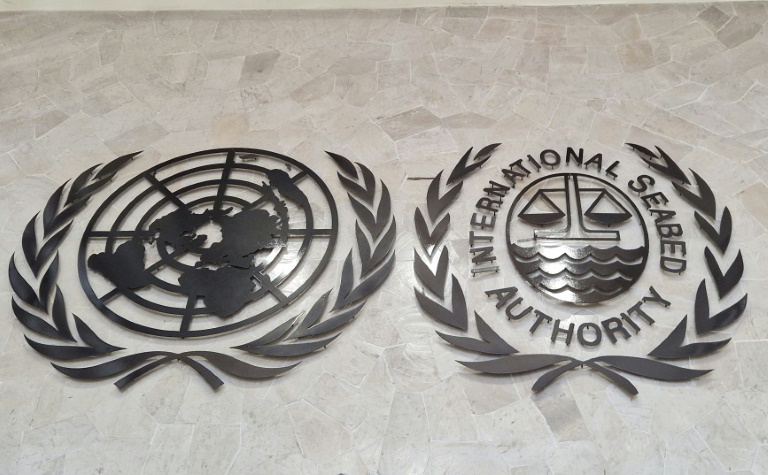Negotiations on the rules for deep sea mining remain unresolved after two weeks of discussions held by the International Seabed Authority (ISA) in Jamaica. Despite increasing pressure from the United States to expedite the establishment of regulations, the ISA’s executive council has not reached consensus on critical provisions intended to govern the extraction of valuable metals from the ocean floor.
The ISA’s executive council, consisting of 36 members, completed a line-by-line review of the proposed “mining code,” which encompasses 107 regulations related to deep sea exploitation. The session concluded on Thursday, with council president Duncan Muhumuza Laki highlighting the significance of this milestone, stating, “This marks a significant milestone,” during an applause-filled session.
However, key sections of the proposed rules, particularly those addressing marine environmental protections, remain contentious. Multiple delegations have expressed their opposition to Laki’s calls for swift finalization of the code this year, as outlined in a roadmap established in March 2023. Chilean representative Salvador Vega Telias emphasized the necessity for a solid framework, saying, “The exploitation activities cannot begin as long as we do not have a solid, equitable framework.” He also stressed the importance of understanding the potential impacts of mining on the marine environment.
ISA Secretary-General Leticia Carvalho underscored the urgent need for regulations governing deep sea activities, adding that “the success of deep sea governance will depend on our ability to draw from robust science, inclusive dialogue, and the wisdom to act with precaution.”
The ongoing ISA session will continue next week, bringing together all 169 member states. This follows a pivotal moment in April when U.S. President Donald Trump directed his administration to expedite the granting of permits for deep sea mining, citing a little-known 1980 U.S. law. This move has drawn significant criticism from various quarters, including non-governmental organizations and member states, who view it as an attempt to bypass the ISA’s established processes.
In a rapid response to the evolving situation, The Metals Company (TMC) submitted the first request for a high seas mining license, prompting backlash from environmental advocates and some ISA member nations. A draft text currently under discussion calls on the ISA’s legal and technical commission to investigate possible non-compliance issues related to contractors involved in resource appropriation that contravenes the multilateral legal framework.
TMC’s subsidiary, Nauru Ocean Resources Inc., has held an exploration contract in the Clarion-Clipperton Zone since 2011, which is set to expire in one year. Originally aiming to secure the first commercial mining license from the ISA, TMC has now shifted its focus to Washington for potential operations in the area.
The negotiations in Kingston have been characterized by tension, particularly over procedural rules established by the council president, which have included some discussions held behind closed doors. Emma Watson of the Deep Sea Conservation Coalition criticized this approach, expressing concern that it represents a significant procedural shift regarding the common heritage of humankind.
Opponents of deep sea mining argue that it poses a significant threat to fragile ecosystems that have yet to be fully studied. Meanwhile, proponents maintain that the strategic minerals and metals extracted from the ocean are essential for advancing clean energy technologies, including electric vehicles.
As the ISA continues its discussions, the path forward for deep sea mining regulations remains uncertain. The outcome of these negotiations will have far-reaching implications for both environmental protection and the future of resource extraction in international waters.
